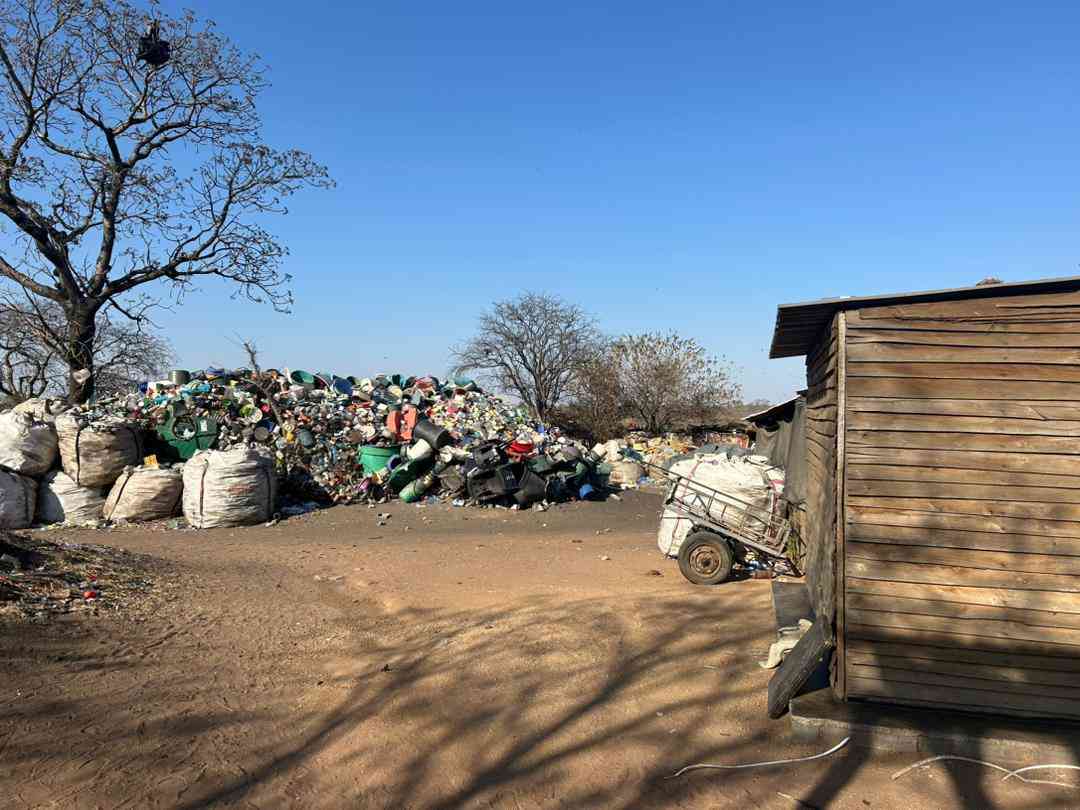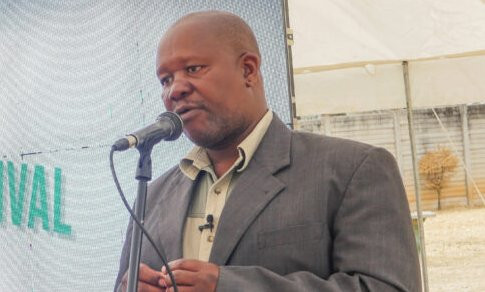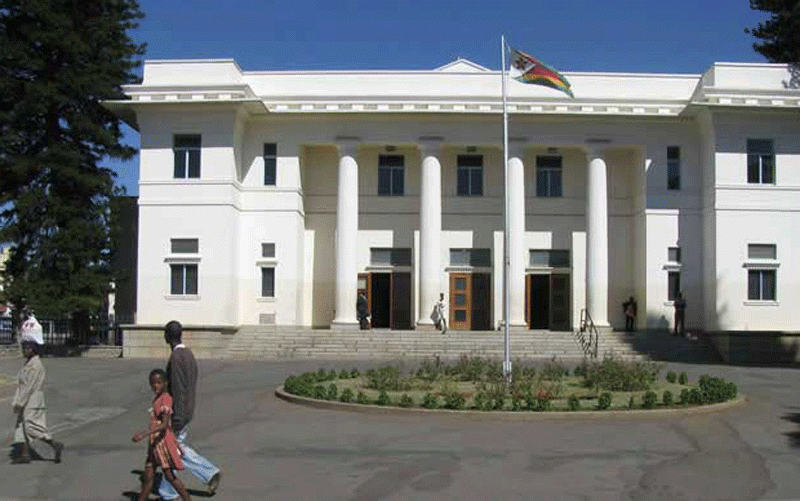
In Ngozi mine, a dumpsite community on the outskirts of Bulawayo, waste pickers are grappling with a harsh reality — their once dependable source of income is dwindling due to depressed demand.
For years, they eked out a living by collecting plastic, rubber, and other recyclables to sell to recycling companies.
But now, they say those companies have stopped coming, leaving the waste pickers without a market for their goods.
A visit to the dumpsite by the Southern Eye on Sunday revealed that the once busy dumpsite is quiet, devoid of business, and the impact is palpable.

As Zimbabwe’s economic crisis deepens, the waste pickers find themselves unable to afford basic necessities like food and school fees for their children.
The once-thriving hustle of picking and selling waste has slowed down, and with piles of waste accumulating around their homes, fears are mounting.
The community worries that the uncollected waste could bring health hazards by becoming breeding grounds for mosquitoes or snakes.
- Mavhunga puts DeMbare into Chibuku quarterfinals
- Bulls to charge into Zimbabwe gold stocks
- Ndiraya concerned as goals dry up
- Letters: How solar power is transforming African farms
Keep Reading
Faced with relentless economic challenges, many families, including young women, have been forced to settle in informal settlements a few kilometres from the city centres.
Here, they continue to survive by recycling metal scraps and other materials from the dumpsite, struggling to make ends meet in a nation where economic prospects are increasingly bleak.
"We are currently grappling with a major challenge in our waste collection business,” Ngozi mine village head Sithembile Ndlovu-Tshuma said.
“We put in the effort to gather and sort waste, but our returns are dwindling to almost nothing.
“The situation with our buyers has changed drastically, we no longer have a reliable market, and they only purchase when they feel inclined to do so.”
Ndlovu-Tshuma said some buyers were taking advantage of their situation to offer “outrageously low amounts’ for their items.
“It’s disheartening when we are sometimes offered just $1 for 15 items, and even though the price is outrageously low, we often have no choice but to accept it because we need to put food on the table for our families,” she said.
“But this is not sustainable, and it's causing us considerable hardship."
She said they started feeling the effects of depressed demand for their items at the beginning of the year.
“Business has slowed down to a near halt; the pace is painfully sluggish, and there's no sign of improvement,” she said.
Ndlovu-Tshuma claimed that some buyers came as far as Harare with trucks.
“Now, those trucks have stopped coming, and communication from our buyers has ceased entirely,” she said.
“Consequently, the waste we’ve collected is accumulating rapidly and is now encroaching into the areas where we live.
"Waste management is crucial, and these materials should be stored in proper, designated areas to prevent any health risks.”
She added: “Unfortunately, the situation has deteriorated to the point where waste is spreading into residential zones, directly affecting our communities.
“This goes against the regulations set by the health department, which strictly prohibit such conditions."
Ndlovu-Tshuma said with the rainy season fast approaching, they would face the additional dangers of pest infestations.
“The waste attracts snakes, rats, and mosquitoes, turning our living spaces into hazardous environments,” she said.
“The situation is no longer just about managing waste; it has become a serious public health concern, and it’s putting everyone’s safety at risk.”
She said the waste-picking industry has collapsed, leaving them suffering with no other source of income.

“We have no idea if those who used to support us even remember our plight, as the recyclable waste we’ve gathered is accumulating without any prospects for removal,” the village head said.
“In the past, we had reliable clients who traveled all the way from Harare with trucks to collect our waste, including plastics and rubber.
“We would meticulously separate these materials, working with types like HD plastics, which were a crucial part of our operations."
Her husband Bekithemba Dube said they were struggling to find markets for their products.
“We used to send our waste to Treger Plastics where they would pick up the materials, process them, and recycle them. But now, everything is at a complete standstill,” he said.
He also attributed the collapse of their business to the harsh economic climate where companies were downsizing, relocating from Bulawayo or closing shop altogether.
“Our collected waste is packed into bales, each typically weighing between 40 to 50 kilogrammes,” Dube said.
“When the waste is crushed, it becomes more valuable, as the weight can increase to about 70 kilograms, allowing us to earn a bit more from each bale.
“However, without buyers or a functioning recycling industry, this potential remains unrealised.”
Another waste picker, Luckmore Mazendame said they were once promised support by the government to formalise their business.
“We were told to open bank accounts, with assurances that funds would be deposited to help us sustain our work,” Mazendame said.
“However, since then, there has been complete silence — no funds, no communication, nothing. This lack of follow-through and the absence of support have been incredibly frustrating.”
Last year, the Matabeleland Institute for Human Rights called on authorities and Bulawayo city fathers to craft policies that serve the interests of waste pickers.
The MIHR also launched a project called Bulawayo Women’s waste café project to develop a pilot gender responsive human rights-based approach to the protection and promotion of women and girl waste pickers in the country.
A group of 236 female waste pickers later petitioned the city council demanding an amendment of its refuse removal by-laws which do not recognize their services.









